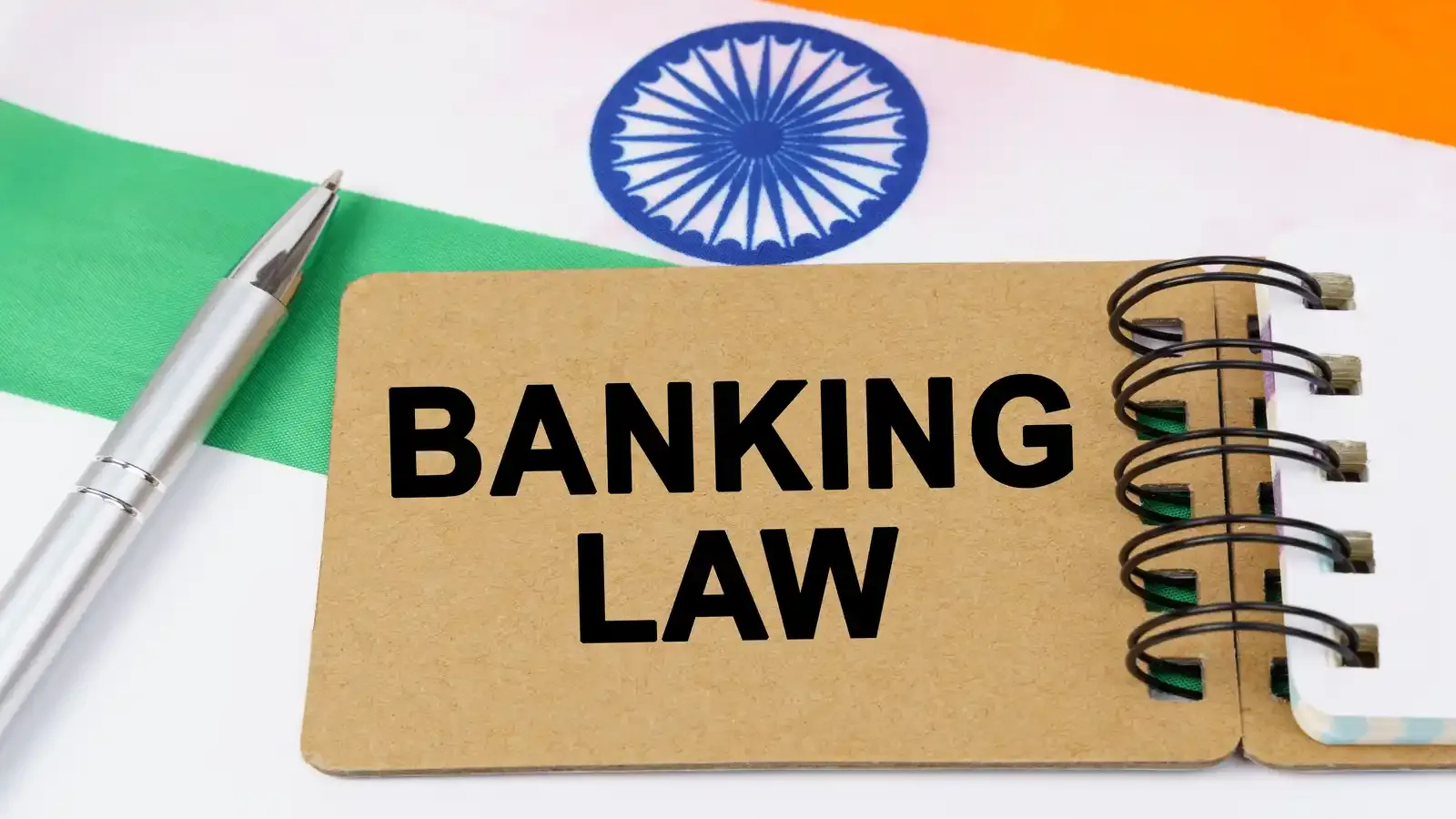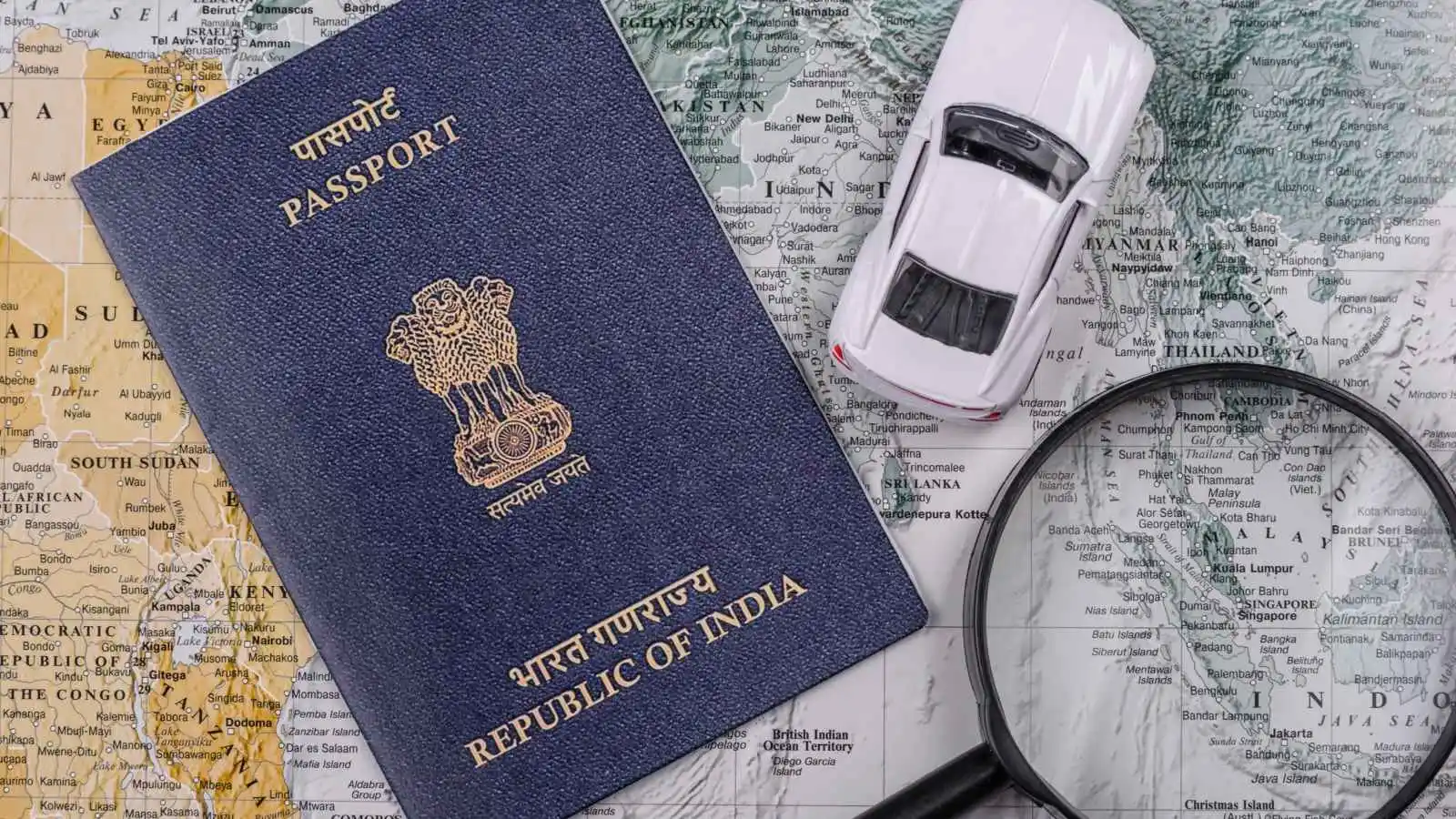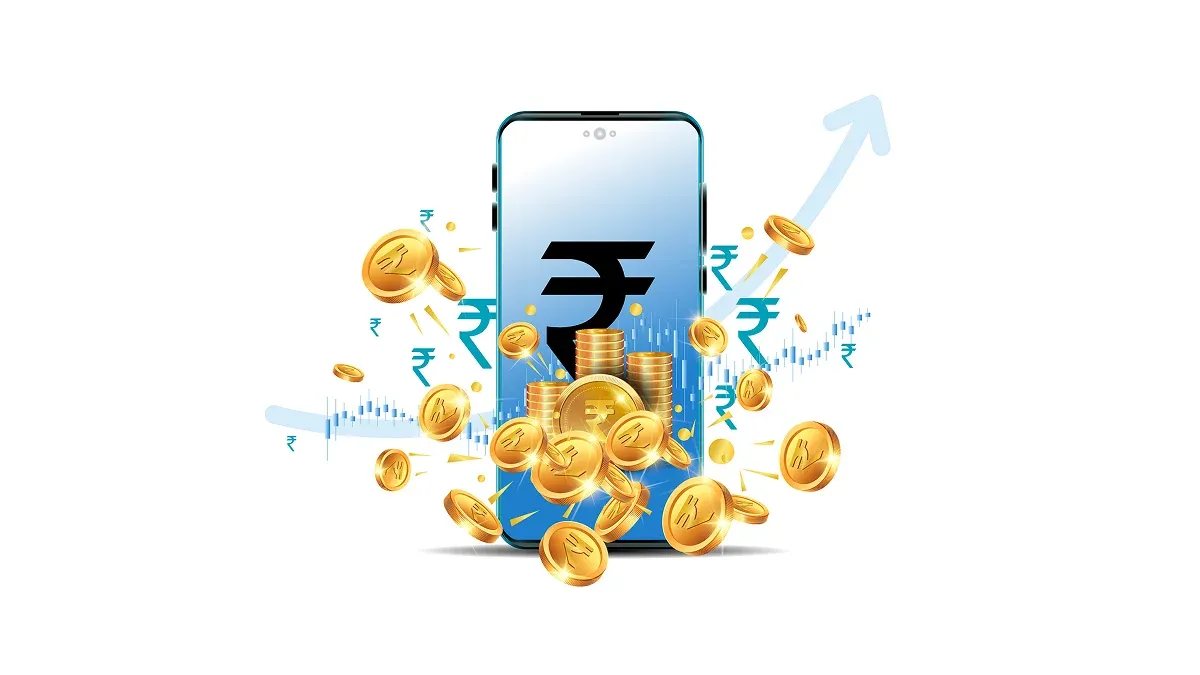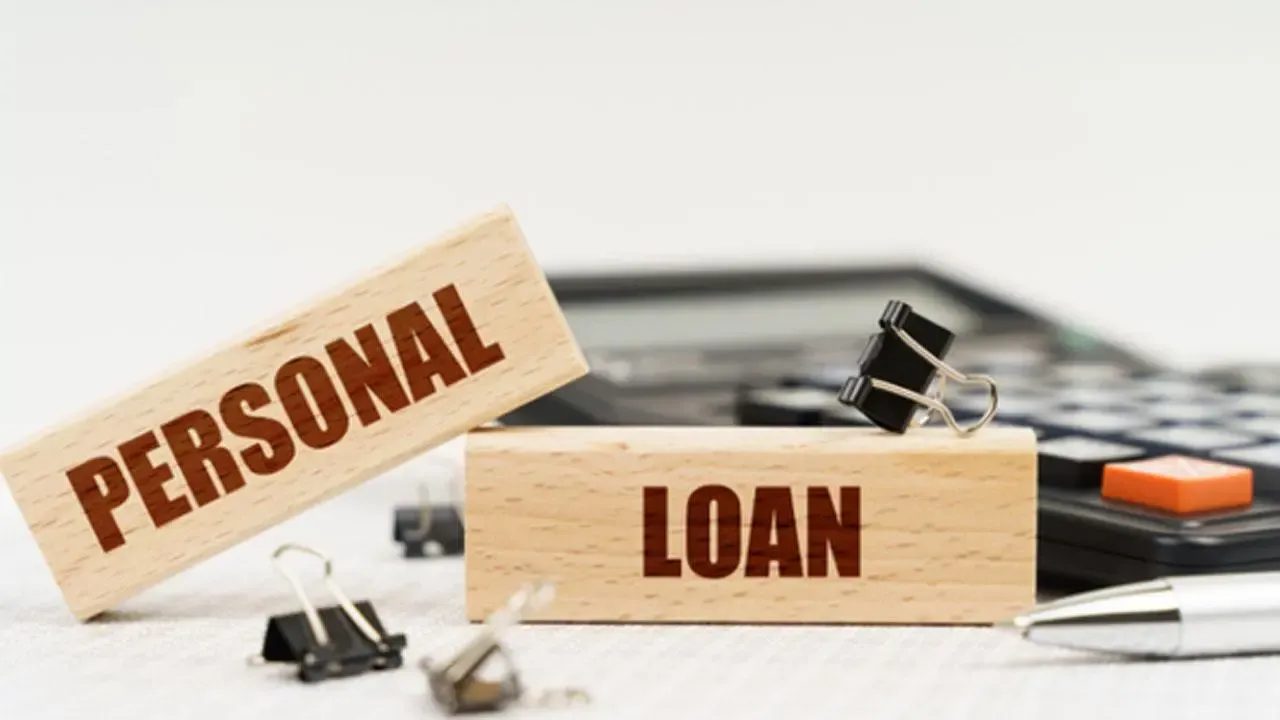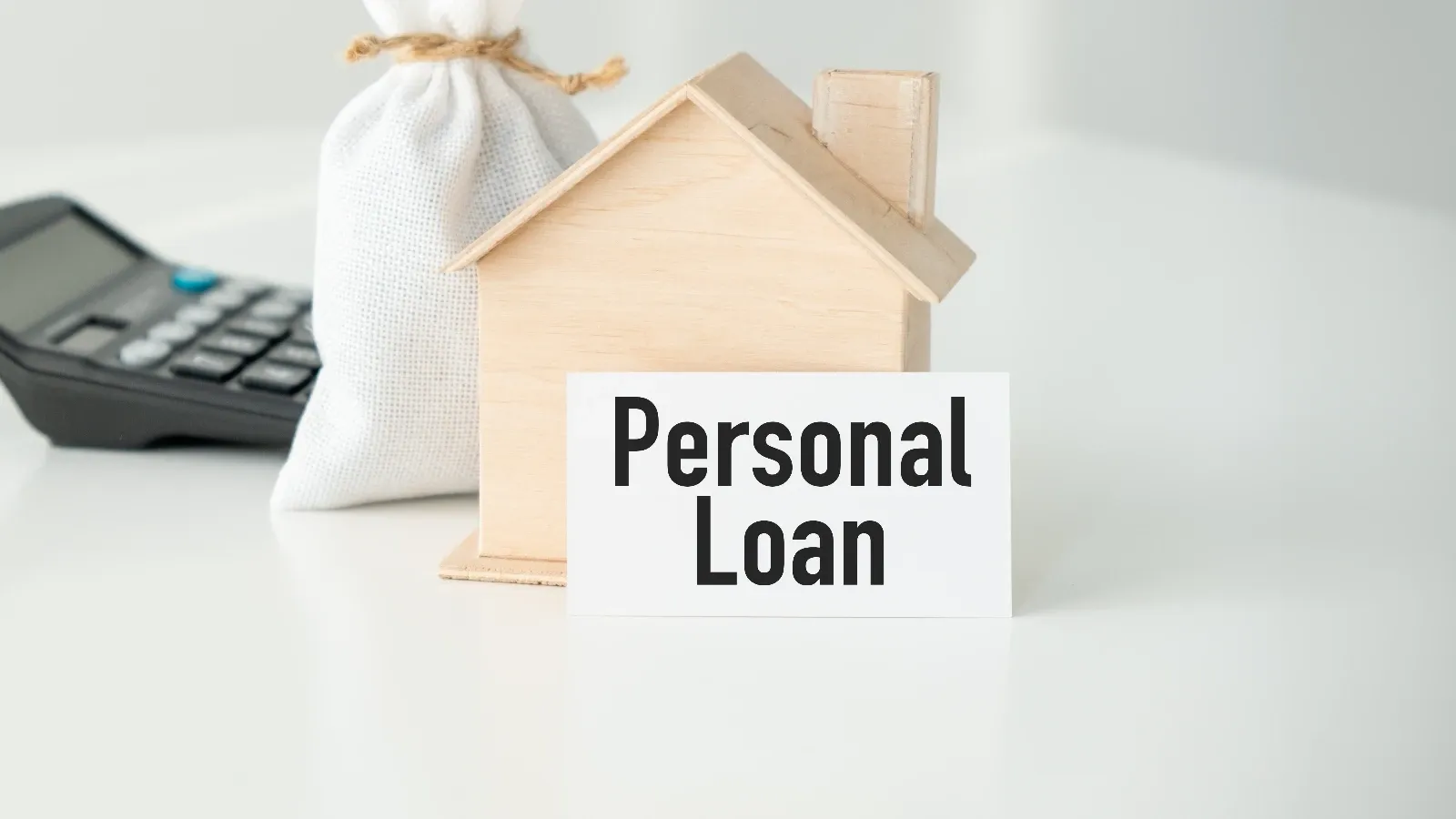What Are Emergency Loans & When Should You Avoid Them?
Written by Mariyam Sara
Published on November 25, 2025 | 2 min read
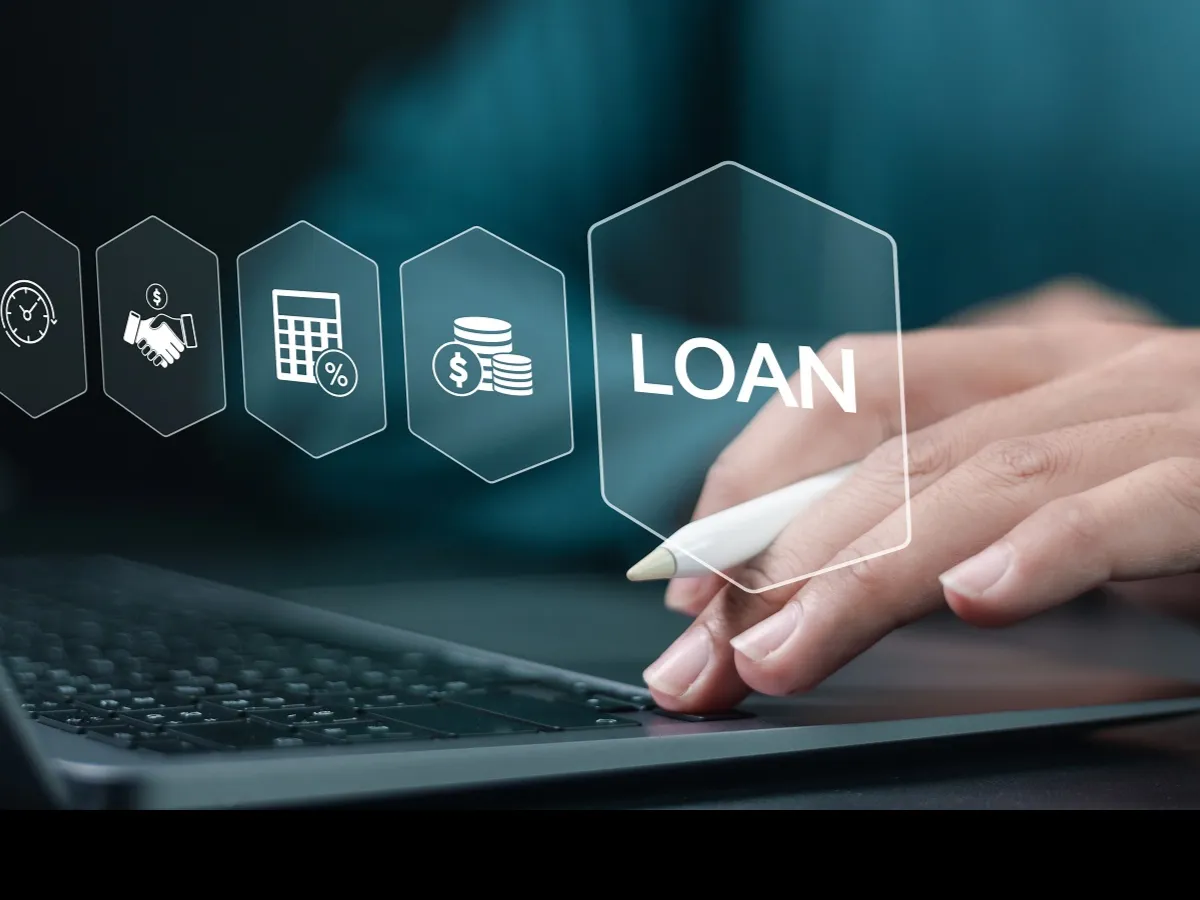
Humans hate unpredictability. Hence, use astrology, numerology and all other approaches to predict what the future holds and prepare themselves before any calamity befalls. But emergencies come unexpectedly and will catch you off guard.
In case of financial emergencies, you can use credit tools like emergency loans to meet your urgent monetary needs. Let’s understand what emergency loans are, their features and when you should avoid taking them.
What Are Emergency Loans?
Emergency loans, also known as personal loans, are financial tools designed for individuals looking for immediate funds. Personal loans are unsecured loans that you can avail instantly without having to reserve any collateral. Such loans are provided based on your credit score, income and payment history.
You can skip the bank visit and complex paperwork and avail personal loans online through a registered lender’s app or website. Most lenders disburse the loan within 24 working hours, making personal loans a go-to for people dealing with unexpected expenses.
Features of Emergency Loans
Let’s explore the features of emergency loans.
No Collateral Needed
When you take a personal loan for upskilling, you don’t have to worry about reserving any collateral. Most education loans require collateral, which is an obstacle for people seeking funds for upskilling.
High Interest Rate
The interest rate on emergency loans is higher than that of secured loans as lenders face greater credit risk due to the absence of collateral. However, candidates with good credit scores and payment history are typically offered lower interest rates and more favourable terms.
Minimum Documentation
Compared to traditional loans, digital loans require less documentation and can access your financial data digitally. Online leaders conduct a digital verification, eliminating the need for extensive paperwork.
Quick Loan Approval & Disbursement
Since the end-to-end loan process is executed online, your personal loan applications are approved and disbursed quickly, provided that all the documents are accurate and complete.
Flexible Repayment
When you avail a digital personal loan, you have the option to choose interest-only EMIs and step-up EMIs, where your EMI payments gradually increase. This helps you plan your repayment strategy so you can become debt-free as quickly as possible.
Eligibility Criteria for Online Emergency Loans
Here is the eligibility criteria a candidate should fulfil to avail an emergency loan online.
- Minimum Age Requirement
The applicant should be at least 18 years of age.
- Income Requirement
The candidate should provide proof of consistent income that shows the individual's repayment capacity.
- Salaried Employees
Salaried employees who work in the public or private sector are eligible to avail an emergency loan.
- Self-employed Individuals
Self-employed individuals or businessmen earning a certain amount are eligible to avail an emergency loan.
- Credit Score and Payment History
A credit score is a crucial factor that determines your eligibility for a personal or emergency loan. Most lenders offer emergency loans only to candidates with a credit score between 720 and 760. A good repayment history shows the lender that the candidate can repay their debt obligation on time.
When Should You Avoid Emergency Loans?
Here’s when you should avoid taking an emergency loan.
Emergency loans are a great tool to use in times of unforeseen financial crisis, but first assess your repayment ability and alternative options before availing them. Pro tip: Maintain a good credit score and payment history so if you need an emergency loan, you can get it at a favourable interest rate.
About Author
Mariyam Sara
Sub-Editor
holds an MBA in Finance and is a true Finance Fanatic. She writes extensively on all things finance whether it’s stock trading, personal finance, or insurance, chances are she’s covered it. When she’s not writing, she’s busy pursuing NISM certifications, experimenting with new baking recipes.
Read more from MariyamUpstox is a leading Indian financial services company that offers online trading and investment services in stocks, commodities, currencies, mutual funds, and more. Founded in 2009 and headquartered in Mumbai, Upstox is backed by prominent investors including Ratan Tata, Tiger Global, and Kalaari Capital. It operates under RKSV Securities and is registered with SEBI, NSE, BSE, and other regulatory bodies, ensuring secure and compliant trading experiences.


















